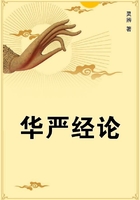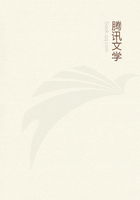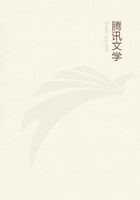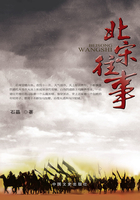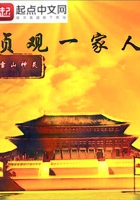During the period from 1889 to 1907 two incidents revealed the standing that the republics of Hispanic America had now acquired in the world at large. In 1889 at Washington, and later in their own capital cities, they met with the United States in council.
In 1899, and again in 1907, they joined their great northern neighbor and the nations of Europe and Asia at The Hague for deliberation on mutual concerns, and they were admitted to an international fellowship and cooperation far beyond a mere recognition of their independence and a formal interchange of diplomats and consuls.
Since attempts of the Hispanic countries themselves to realize the aims of Bolivar in calling the Congress at Panama had failed, the United States now undertook to call into existence a sort of inter-American Congress. Instead of being merely a supporter, the great republic of the north had resolved to become the director of the movement for greater solidarity in thought and action. By linking up the concerns of the Hispanic nations with its own destinies it would assert not so much its position as guardian of the Monroe Doctrine as its headship, if not its actual dominance, in the New World, and would so widen the bounds of its political and commercial influence - a tendency known as "imperialism."Such was the way, at least, in which the Hispanic republics came to view the action of the "Colossus of the North" in inviting them to participate in an assemblage meeting more or less periodically and termed officially the "International Conference of American States," and popularly the "Pan-American Conference."Whether the mistrust the smaller countries felt at the outset was lessened in any degree by the attendance of their delegates at the sessions of this conference remains open to question.
Although these representatives, in common with their colleagues from the United States, assented to a variety of conventions and passed a much larger number of resolutions, their acquiescence seemed due to a desire to gratify their powerful associate, rather than to a belief in the possible utility of such measures.
The experience of the earlier gatherings had demonstrated that political issues would have to be excluded from consideration.
Propositions, for example, such as that to extend the basic idea of the Monroe Doctrine into a sort of self-denying ordinance, under which all the nations of America should agree to abstain thereafter from acquiring any part of one another's territory by conquest, and to adopt, also, the principle of compulsory arbitration, proved impossible of acceptance. Accordingly, from that time onward the matters treated by the Conference dealt for the most part with innocuous, though often praiseworthy, projects for bringing the United States and its sister republics into closer commercial, industrial, and intellectual relations.
The gathering itself, on the other hand, became to a large extent a fiesta, a festive occasion for the display of social amenities.
Much as the Hispanic Americans missed their favorite topic of politics, they found consolation in entertaining the distinguished foreign visitors with the genial courtesy and generous hospitality for which they are famous. As one of their periodicals later expressed it, since a discussion of politics was tabooed, it were better to devote the sessions of the Conference to talking about music and lyric poetry! At all events, as far as the outcome was concerned, their national legislatures ratified comparatively few of the conventions.
Among the Hispanic nations of America only Mexico took part in the First Conference at The Hague. Practically all of them were represented at the second. The appearance of their delegates at these august assemblages of the powers of earth was viewed for a while with mixed feelings. The attitude of the Great Powers towards them resembled that of parents of the old regime: children at the international table should be "seen and not heard." As a matter of fact, the Hispanic Americans were both seen and heard--especially the latter! They were able to show the Europeans that, even if they did happen to come from relatively weak states, they possessed a skillful intelligence, a breadth of knowledge, a capacity for expression, and a consciousness of national character, which would not allow them simply to play "Man Friday" to an international Crusoe. The president of the second conference, indeed, confessed that they had been a "revelation" to him.
Hence, as time went on, the progress and possibilities of the republics of Hispanic America came to be appreciated more and more by the world at large. Gradually people began to realize that the countries south of the United States were not merely an indistinguishable block on the map, to be referred to vaguely as "Central and South America" or as "Latin America." The reading public at least knew that these countries were quite different from one another, both in achievements and in prospects.
Yet the fact remains that, despite their active part in these American and European conferences, the Hispanic countries of the New World did not receive the recognition which they felt was their due. Their national associates in the European gatherings were disinclined to admit that the possession of independence and sovereignty entitled them to equal representation on international council boards. To a greater or less degree, therefore, they continued to stay in the borderland where no one either affirmed or denied their individuality. To quote the phrase of an Hispanic American, they stood "on the margin of international life." How far they might pass beyond it into the full privileges of recognition and association on equal terms, would depend upon the readiness with which they could atone for the errors or recover from the misfortunes of the past, and upon their power to attain stability, prosperity, strength, and responsibility.



